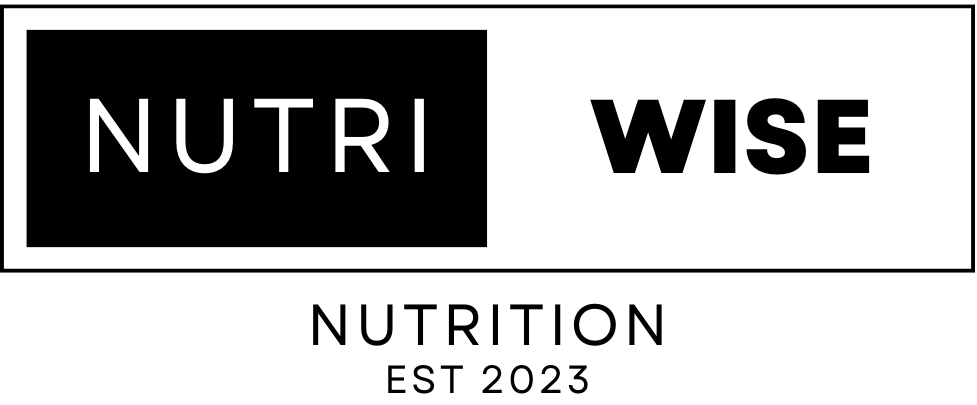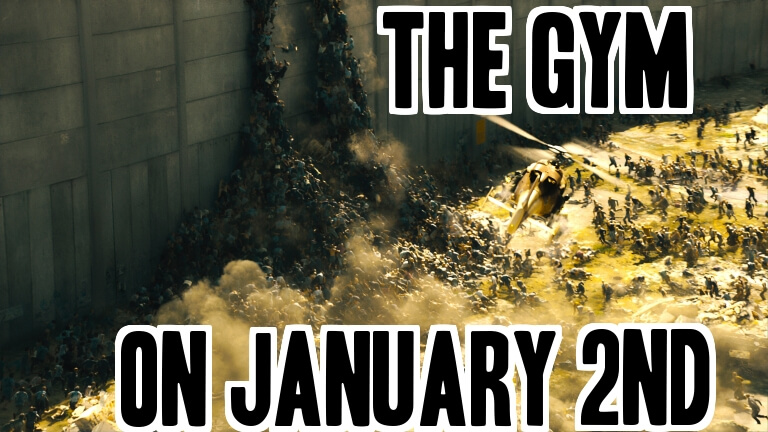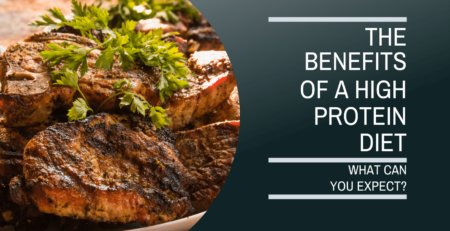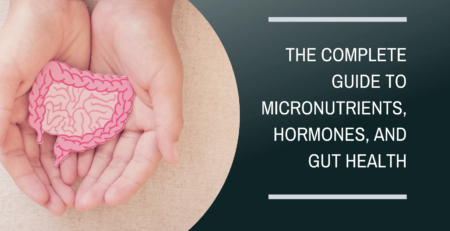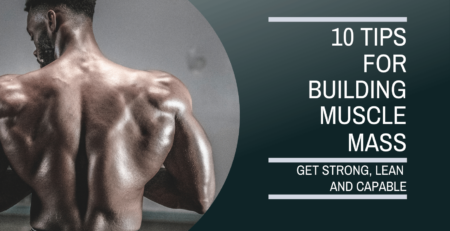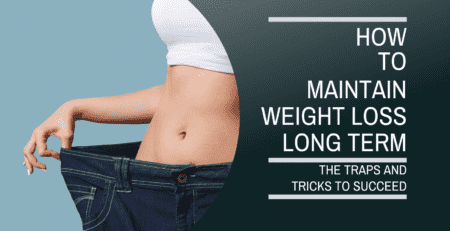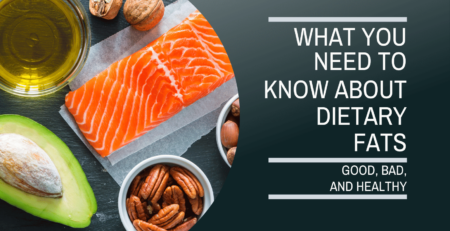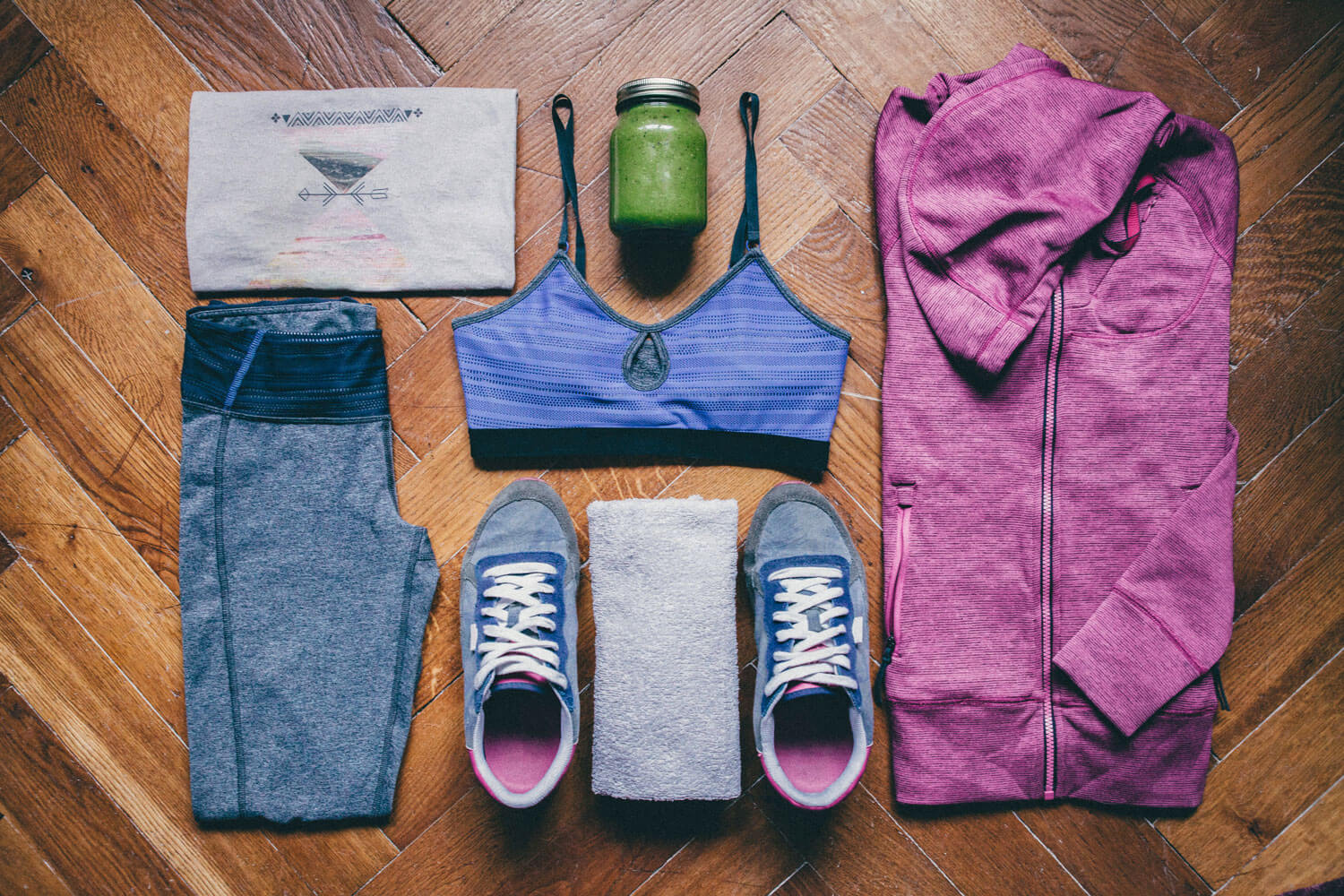Getting Started With Supplements
Getting Started With Supplements
How do you get started with using supplements, especially when there are so many to choose from and you don’t know whats used for what?
This post aims to help you out with some basic things to understand before starting and that by providing somewhere to start and aim towards as your needs in the gym increase and evolve.
What is a supplement?
A supplement is a dietary or nutritional aid. They assist you to get more of a certain form of nutrient that you may not be able to get in your day to day diet in the quantity that you need.
They are commonly used to assist in meeting a specific goal in an easy to use way.
What a supplement is not…
1. A shortcut.
There are no shortcuts on the road to your goal. Supplements assist you, they don’t do it for you.
2. An excuse make poor choices with your diet.
Just because you had that protein shake after the gym doesn’t mean you can eat an entire meat lovers pizza later on in the day and still achieve your goals.
3. A steroid or hormone.
It’s a common stigma attached to taking supplements that is thankfully becoming less and less now. Its mainly one that the uninformed will commonly associate with supplements, especially when the images used by many companies to sell them to you are of massive, ripped pro body builders or fitness models.
Take a look at this clip to get a bit more of an idea of how some products are marketed to fool you:
The main thing to remember is that having a protein shake after the gym is not anywhere near the same thing as taking steroids or hormones.
Where do supplements fit in?
Short answer? In a plan.
That plan can be as short as “Post Workout” or as long and complex as you want. Point is though, make a plan and stick to it for maximum results. Creating that plan takes a little knowledge, but that’s what this article is here to help you out with.
Its all well and good to take a supplement, but where do you start? There are so many to choose from it can get pretty confusing pretty quickly. Most people won’t take anything before during or after a gym session when they’re just starting out.
To be perfectly honest, they don’t have to. Drinking water and having a good meal after is perfectly fine.
Supplements fit in when you want to start upping your protein intake or working out a little harder.
So what do you take?
If you’re training for a specific event, like a marathon or triathlon, you don’t need the same supplements as someone who’s goal is to increase the strength and size of their muscles, especially at this early stage. Having a snack before your run or a banana after will be enough, some ZMA as well can be helpful.
If you’re weight training or trying to maximize the amount of muscle on your frame, start with a protein shake after your workout.
If you’re goal is to lose body fat then you can still benefit from a protein shake after your workout, but if all you’ve been doing is cardio, stick with water and eating healthily, hit your protein and fibre intake goals and track your calories. It will all fall in to place.
This can be a very confusing topic so I’ve broken it down in to some easy to use levels for you.
Beginner
Who are you?
- You’ve just started working out at the gym or started your first fitness routine
- You’ve been weight training for a few months now, for a few days a week and are seeing some good results
- Your body is starting to shape up a little and fat is decreasing
- You’re building strength rapidly
- You’re pretty hungry not long after your session now
- You’ve never taken a supplement before
What are your choices?
Whey Protein is the most common choice for people and the most commonly available form is WPI – Whey Protein Isolate.
Have a serve of it after your gym session and check back on your results in a month or two. It can be tricky to get the consistency of the shake right. I personally like it a bit thicker so use less water. All products seem to mix differently which is due to other processes that the protein undergoes to make it more easily absorbed by the body.
If you feel bloated or uncomfortable after having a protein shake, try half the recommended serve and see if you feel better, then slowly increase. If you still feel uncomfortable, try switching to a plant based post workout shake, as you may be intolerant to the lactose that can be present in the shake (or it could be full of crap that’s upsetting your stomach). That’s why we stock the cleanest products on the market.
Although it is worth noting that many who are sensitive to lactose can use whey protein without any consequences, if your intolerance or sensitivity is greater than “normal” just go with a lactose free option.
When to add more?
Honestly, most people can sit here and be fine, however recovery is the key to success. Other supplements that increase recovery can be found here
When you notice energy isn’t there in the same way it was, its probably time to expand your supplement plan.
Intermediate
Who are you?
– You’ve achieved some personal bests, but your progress is beginning to slow down
– You’re noticing that the intensity of your workout is a little lacking
– You’ve been using a protein supplement for a few months with success
– You’ve discovered “The Pump”…and you like it
– You skipped “Beginner”
– You’re now training 5 or more times a week and want an energy boost for your sessions
What are your choices?
At this stage of the game the most common thing to add to your supplement plan is a good quality pre-workout.
A pre-workout is something you take before your workout to assist you in getting more out of your workout by increasing blood flow, intensity and power. They can be an extremely useful tool for getting the most out of your workout, but there are a couple of things to consider when choosing one:
– How much caffeine do you have in a day?
– Are you sensitive to any stimulants in general?
The reason I raise these points to you is because if you’re sensitive to caffeine you may notice sensations in your chest area or find it hard to breathe. This really isn’t what you want to have at the gym (or in life really).
Most people are fine with a bit of caffeine, but to make an educated decision about what to use you need to consider your overall caffeine intake as well as the timing. For example:
Many people have more than one coffee or soft drink during the day. The amount of caffeine adds up over the course of the day depending on the strength of the beverages and how your body metabolises it. Sometimes adding another 150mg (give or take 50mg depending on the product) can cause a reaction within your body.
Another consideration you need to have is the time of day you’re training. It may not matter if you’re a morning trainer, but evening and night time trainers may have trouble sleeping.
If you avoid caffeinated beverages due to sensitivity, rest assured, there are caffeine and stimulant free products out there that can help you too.
The topic of pre-workout’s is huge. So huge that it needs its own post.
When to move up?
To be quite honest, most people will never really need to go past here. You can stay at this level, using pre and post workout supplements and achieve your goals. Anything above this tends to enter the world of filling deficiencies and if your diet is solid and you’re recovering well you don’t need to delve in to that.
Until next time
Dave
